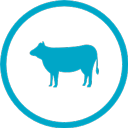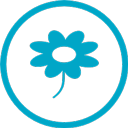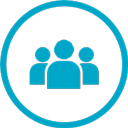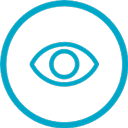How to participate
The Healthy Estuaries WA brings together state and local government, working with regional catchment groups, landholders and industry to implement on-ground actions for healthier estuaries.
It takes a whole community to be part of a long-term solution to protect the values that depend on healthy estuaries: thriving ecosystems, liveable communities, and economic development.
Here are some ways you can participate:
On the farm
Healthy Estuaries WA works with catchment and industry groups and farmers to reduce the nutrient run-off from farms.
Here is how you can get involved on the farm:
- Participate in the fertiliser management program to access soil testing, nutrient mapping and agronomic advice so that you can make better fertiliser decisions. To register your interest, contact your local catchment group.
- Sign up for the stock exclusion fencing and revegetation program.
- Use Fertcare® accredited advisors for your fertiliser supply and Accu-Spread® contractors.
In the garden
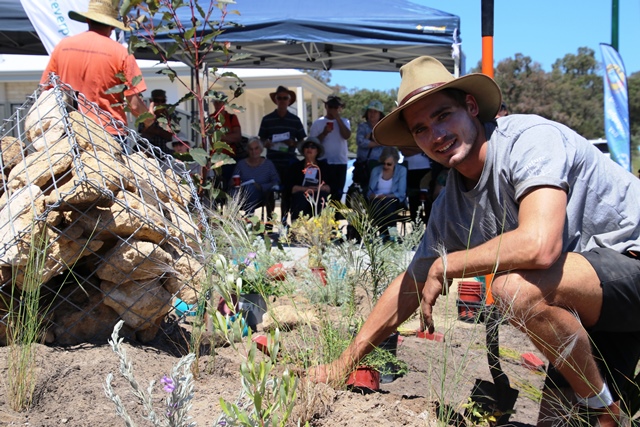 Our estuaries are showing signs of environmental stress. What you do in your backyard effects our waterways.
Our estuaries are showing signs of environmental stress. What you do in your backyard effects our waterways.
Excess fertiliser can run off our gardens and enter our rivers and estuaries through stormwater drains.
Here are some things that you can do at home:
Quick hits:
- Switch to a controlled release fertiliser
- Use less fertiliser than it says on the packet
- Use less organics – organic fertilisers can cause nutrient pollution too!
- Fertilise in autumn and spring
- Shave a minute or two off your garden irrigation run time
Other actions you can take:
- Contact your local catchment group for some simple advice or to attend a garden workshop near you
- Complete the free online Your Garden with Josh Byrne assessment tool to receive your very own garden action plan for a successful garden and healthy waterways
- Design and maintain your garden using tips from the Bay OK New Garden Guide for new gardens or the Bay OK Garden Guide for established gardens
Join a catchment group
The Regional Estuaries Initiative is helping catchment groups to deliver on-ground actions where they are needed but volunteers can be stretched thin.
Your catchment group can connect you to how you can help in your local area.
- Peel-Harvey Catchment Council
- Leschenault Catchment Council
- GeoCatch
- Lower Blackwood Landcare
- Wilson Inlet Catchment Committee
- Torbay Catchment Group
- Oyster Harbour Catchment Group
For a broader regional perspective check out the work being coordinated by:
Community watch
Have you seen something that needs attention quickly? Report your observations as follows:
Algal watch
If you see an algal bloom report it to:
- the Department of Water and Environmental Regulation’s ALGALWATCH 6250 8064 (office hours)
- your nearest Department of Water and Environmental Regulation office
Fish watch
The Department of Water and Environmental Regulation and Department of Primary Industries and Regional Development jointly manage the state's Fish Kill Response protocol. We need members of the public to report incidents as quickly as possible so that we can respond. Find out more here.
If you see a fish kill please report it immediately to:
- the FISH WATCH hotline 1800 815 507 (24 hour service)
- your nearest Department of Water and Environmental Regulation or Department of Primary Industries and Regional Development office
Pest watch
The Department of Primary Industries and Regional Development needs your help to detect aquatic pests. By using WA PestWatch to report suspected pests, you help detect new pests and monitor the spread of those already here.
Pollution watch
To report pollution to water:
- Pollution from premises: Department of Water and Environmental Regulation’s 24 hour hotline – 1300 784 782 or use the Online reporting form
- Hazardous materials emissions and major pollution incidents: Department of Water and Environmental Regulation’s 24 hour Pollution Watch hotline – 1300 784 782
- Residential or small to medium business pollution-related matters: Your local council
Other
For other observations that can help us better manage our south west estuaries email us at estuary@dwer.wa.gov.au


